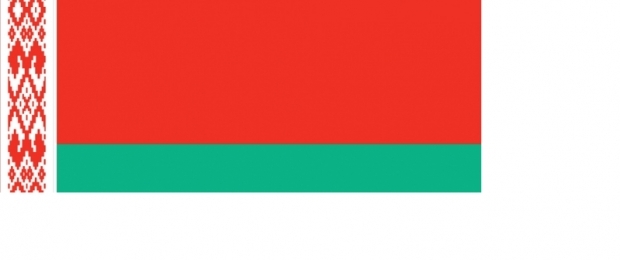
Belarus is now at risk of losing its independence to Russia
Most Belarusians have a somewhat weaker sense of identity than Ukrainians but they feel Belarusian rather than Russian.
Returning to Belarus, a flat land of nearly ten million people, after an interval of five years, I found that very little had changed: Alexander Lukashenko remains president (as he has been since 1994), the opposition is weak, the NGOs are lively but struggle to survive, the state employs about 70 per cent of the workforce, unemployment is negligible, street crime is low and corruption is less of a problem than in the neighbouring Russia or Ukraine. Belarus is still not in the Council of Europe (largely because it executes people) or the World Trade Organisation, the capital is dominated by Soviet architecture and the state security agency is called the KGB.
What may be changing, however, is that Belarus is now at risk of losing its independence. Some government officials and opposition leaders worry that the crisis in Ukraine, combined with serious economic problems, makes that prospect more likely.
As a number of opposition figures are prepared to concede, Lukashenko has just about succeeded in maintaining his country’s independence. Several times, he has extracted financial aid from Russia in return for making promises that he has then reneged on. He has flirted periodically with the west as a counter to Russian influence. This has infuriated Russian leaders but they have grudgingly tolerated it.
Most Belarusians have a somewhat weaker sense of identity than Ukrainians – their country has shallower historical roots – but they feel Belarusian rather than Russian. Although everyone speaks Russian, about a fifth of the population speak Belarusian at home and all schoolchildren learn it. The regional differences are much less pronounced than in Ukraine but in the western city of Hrodna – once Polish, with fine baroque architecture – I encountered more nationalist feeling than in the capital, Minsk.
Lukashenko seems to have profited from the crisis in Ukraine, at least in the short term. According to opinion pollsters, in recent years, support for the EU and democracy has grown, encompassing about a third of the population. But they think that trend is now reversing, as people start to fear the chaos that has afflicted Ukraine.
Yet Russia’s annexation of Crimea worries Belarusians. When officials discuss the “Putin doctrine” – the assertion of Russia’s right to intervene in its neighbourhood to protect Russian speakers or Russians – they smile nervously (about 8 per cent of people in Belarus are Russian).
The country’s ability to stand up to Russia is undermined by its economy, which has almost stopped growing – partly because of close economic ties to the slow-growing Russia.
Belarusians could not have maintained their standard of living – per capita GDP is about 50 per cent higher than in Ukraine – without Russian subsidies, mainly in the form of cheap oil and gas. But this system is no longer stable. The current account deficit grew from 3 per cent of GDP in 2012 to 10 per cent last year (roughly $7bn) and is likely to be worse this year. The deficit cannot be plugged without vast borrowing and Russia may be the only country willing to lend. Moscow has made it clear that strings would be attached: the privatisation of Belarus’s chief industrial assets so that Russians would be free to buy them; moves towards a stronger “Eurasian Economic Community”; and support for Russia’s actions in Ukraine.
After the Russian invasion of Georgia in 2008, Belarus refused to recognise the independence of Abkhazia and South Ossetia. Lukashenko took a similar stance at the start of the Crimean crisis but as pressure from Moscow has grown, the line has evolved. The president recently said Crimea was now part of Russia and if forced to choose Belarus would be with Russia. Yet he added that the annexation sets “a bad precedent”.
The government, worried about this tightening bear hug, has sent signals to Brussels that it could be ready for closer ties. The EU is wary; the last rapprochement in 2009 led to the release of political prisoners in return for the suspension of sanctions on Belarus but ended with a crackdown on the opposition. Still, the EU recently agreed to negotiate softer visa rules for Belarusians and several EU countries want to go further. European leaders know that Lukashenko won’t dismantle his dictatorship but some of them think that engagement would help the country to maintain its independence.
